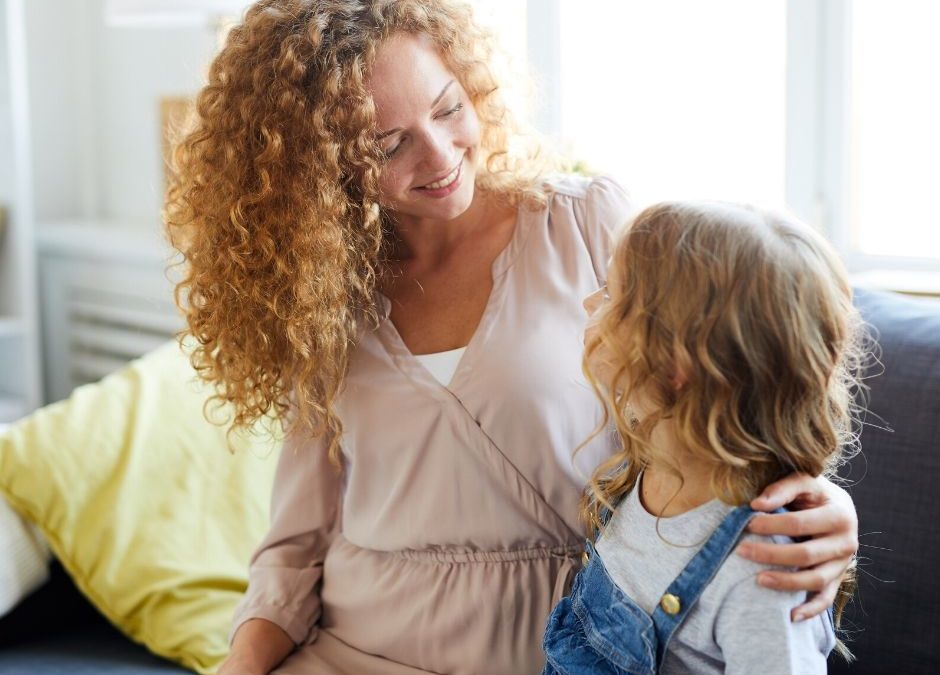Always on
By Emma Thomas – Full-time mum to a one-year-old, part-time blogger and writer, with a background as a Kindy Teacher/Director
Getting our children to listen to us when we’ve got something important to say can be hard! But try and have an adult conversation, open a packet of chocolate without getting caught, or let a bad word slip and suddenly those ears are on. We want the best for our children and their development so it’s important to talk positively to them and positively about them. The words and language that we use shape how our children see themselves and their inner voice.
At just 16 months old my daughter is surprising me with what she is taking in and understanding. Although she can only say single words she understands much more! If I’m talking to my husband about our plans for the day and mention going for a walk or seeing family she will stand at the door and demand “walk, Walk, WALK!” or “Nana, Papa, NANA, PAPA!”. I am learning to only talk about things we are doing NOW as she hasn’t developed the concept of ‘later’.
Once we understand how much our children are aware of we can see why it is so important to use positive language around them.
Speaking positively to our children
Positive language helps to regulate children’s behaviour, promotes their development and shapes their outlook on life.
Our language presents our view of the world; we want our children to know that their world is a nurturing and safe place. When children feel secure they are free to grow and develop. We want out speech, tone and body language to help our children feel secure and strengthen our connection with them.
Children’s brains grow so quickly in the early years. When we use positive language repeatedly this promotes brain growth and development. It is commonly said that ‘neurons that fire together, wire together’ (Donald Hebb). This means that over time our positive language will grow positive pathways in the brain.
We can also use positive language as a behaviour management technique. I have often found children more receptive if you tell them what you want them to do instead of what you don’t want them to do. “Let’s sit down together while we eat” is more inviting than “stop climbing on your chair!”. It is also easier for children to process simple positive commands like “walking feet inside”.
Speaking positively about our children
As parents, we shape how our children see themselves – it’s a scary thought! If they hear us talking about how messy, demanding and challenging they are, this is how they will see themselves. But if they hear us praising them, talking about their effort, kindness and how helpful they are this is what they will come to believe.
As a parent, you need to have some friends that you can vent to when your children are driving you up the wall! But make sure your children are out of earshot before you unload because they really are listening, even when you don’t realise.
Our language has great power, both to shape our own lives and those of our children. My aim is to speak positively to my children and to speak positively about my children. I know there are times when I won’t get this right (and times when I just need to have a good complain), but I keep reminding myself how important language is to brain development and the difference it can make in my daughter’s life.


Recent Comments